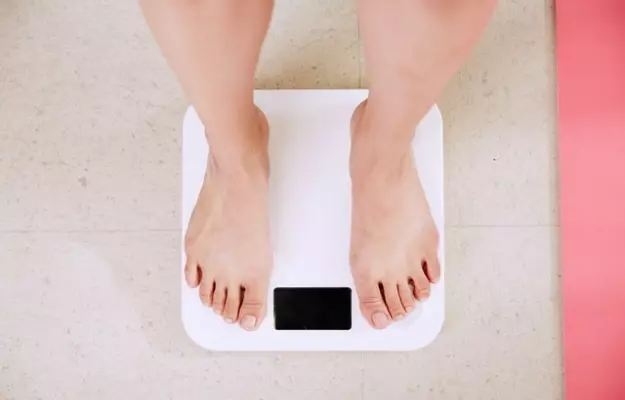COVID-19 is a new viral infection that has spread quickly to most parts of the world. As of 7 May, the disease had killed over 2.6 lakh people globally.
COVID-19 was first reported in China, in December 2019. Since then, we’ve learnt quite a few things about the disease. For instance, we know that mild symptoms of COVID-19 are seen in 80% of symptomatic patients. These patients are unlikely to die due to this respiratory illness.
We also know from mortality studies that older people, especially older men, and those with comorbidities such as hypertension (high blood pressure) and diabetes are at increased risk of severe illness if they contract COVID-19. (Read more: COVID-19 prevention tips for the elderly and those living with comorbidities)
Now, the latest research is showing that those who are overweight or obese make up a disproportionate number of people who are hospitalized due to COVID-19.
While obesity is correlated with conditions such as hypertension, research suggests that obesity by itself also worsens health outcomes in COVID-19. Specifically, hospital admissions for those under 60 years of age increase with a rise in BMI; for older populations, the correlation is not as pronounced.
What is obesity?
BMI (body mass index) is a helpful indicator to conduct comparative health analyses across populations. It is calculated by dividing weight in kilograms by the square of height in meters. Someone with BMI over 25 kg/m2 is considered overweight and someone with BMI more than 30 kg/m2 is considered obese.
According to the National Family Health Survey (NFHS-4) published in 2015, obesity rates in India have risen alarmingly: they have doubled in the last decade from 2005-2015. Roughly 20% of women are obese, as are around 19.6% of men. Note that the MoFHW (Ministry of Family Health and Welfare) considered a BMI over 25 to indicate obesity.



















